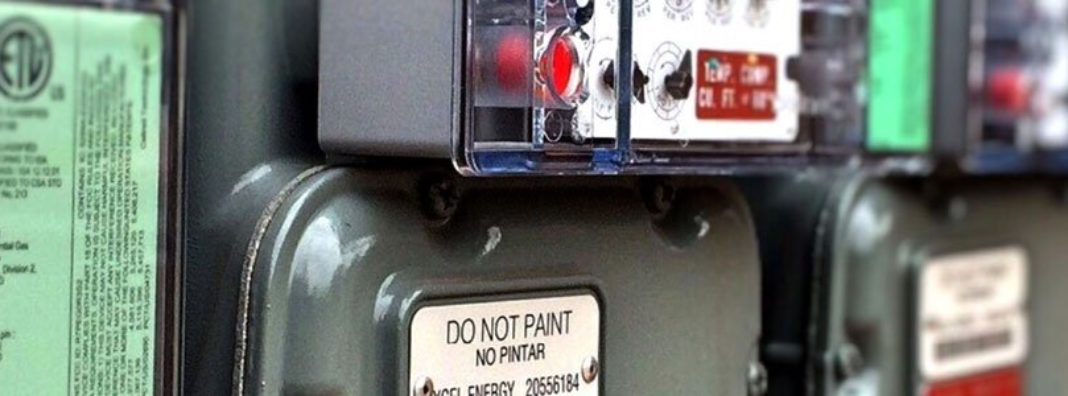
Project Summary
On September 19, 2019, the United States Federal Energy Regulatory Commission (FERC) proposed a number of changes intended to modernize the Public Utilities Regulatory Policy Act of 1978 (PURPA). Included among the proposals were:
- Expand the current one-mile rule to ten miles;
- Revise the rules that determine which qualifying facilities (QFs) have nondiscriminatory access to electricity markets by lowering the threshold from 20 megawatts to 1 megawatt;
- Allow states to set energy rates for QFs based on locational marginal prices if they are within organized wholesale power markets; and
- Allow states to create “objective and reasonable criteria” for when a QF is entitled to a long-term contract or legally enforceable obligation that a utility purchase its electricity.
In this comment, CGO Research Managers Josh Smith and Brian Isom evaluate the likely effects of these proposed rule changes on competition in the electricity industry, including the competitiveness of organized wholesale markets. They conclude that if implemented in ways that promote further competition, the proposed changes fit well within FERC’s obligations and will likely lower electricity prices.
PURPA is an important element of electricity market regulation as it represents a laudable effort by the federal government to introduce competition into a heavily regulated industry. By moving towards competitive practices, the proposal expands opportunities for QFs to enter electricity markets while simultaneously closing loopholes that created incentives for some QFs to serve themselves at the expense of ratepayers. For example, the expansion of the one-mile-rule to ten miles makes it harder for developers to break large, non-QF wind projects into multiple smaller projects in order to qualify for QF benefits through PURPA.
FERC should continue implementing PURPA in ways that encourage competition. Specifically, policymakers interested in reforming PURPA should embrace practices like competitive solicitations for electricity providers to meet consumers’ electricity needs. The electricity industry is currently seeing dramatic changes, and reforming PURPA is an important step towards ensuring that those changes serve the needs of customers.


